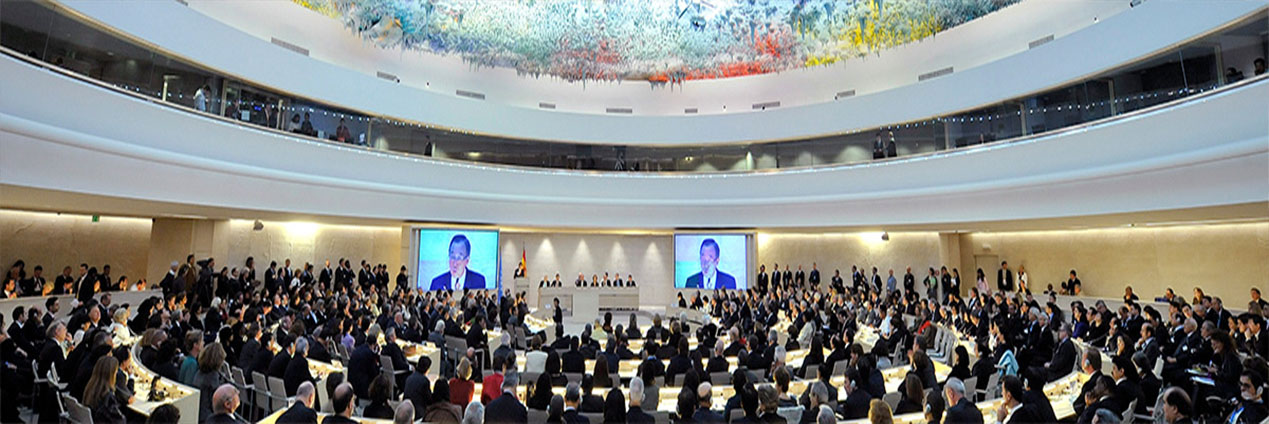On the publication of the judgments of the ECtHR: A.R.E. v. Greece and G.R.J. v. Greece

On Tuesday 07/01/2025, the European Court of Human Rights (ECtHR) published two judgements against Greece on complaints by third-country nationals that they had suffered informal forced returns (IFRs), i.e. pushbacks, from Greece to Turkey, despite the fact that they entered the country with a view to filing applications for international protection.
In these cases, the Greek National Commission for Human Rights (GNCHR)made an intervention as a third party, at the request of the Strasbourg Court for an answer to the general question whether there is a systematic practice of pushbacks of third country nationals from Greece to Turkey at the land and sea borders, in recognition of its independence and the effective exercise of its powers.
These are the cases of A.R.E. v. Greece (Application No. 15783/21) and G.R.J. v. Greece (Application No. 15067/21).
In the case of A.R.E. v. Greece (15783/21), the Strasbourg Court, based on official reports of international organisations and national human rights institutions, like the GNCHR, describing a rather stable and uniform modus operandi, held that at the time of the events relied on by the applicant, there was a systematic practice of pushbacks by the Greek authorities. The Court acknowledged that the applicant suffered an IFR incident, found an infringement of Article 3 of the ECHR and pointed out that the applicant had been irregularly deported to Turkey, without any assessment of the risk she was running in Turkey, in breach of the principle of non-refoulement. Moreover, the Court found an infringement of Article 5 of the ECHR, with regard to the right to liberty and security, as the applicant was subjected to arbitrary detention without legal justification or access to remedies to challenge its lawfulness. In addition, the Court found infringements of Article 13, as the applicant had no access to an effective remedy to protect her rights.
In the same case, the Court, taking into account the cases of IRF incidents already investigated by the competent authorities and the fact that the proceedings regarding the applicant’s complaint were closed without an effective investigation, found that the domestic remedies alleged by the Greek Government to be available to the applicant, were not effective in complaints concerning “pushbacks” or other violations that occur during “pushbacks”.
In the case of G.R.J. v. Greece (15067/21), the Court reiterated its findings in the previous case as regards the serious indications of systematic pushbacks at the Greek border. It acknowledged that the applicant’s submissions are to be seen within this context, however, the Court held that the applicant cannot claim to be a victim within the meaning of Article 34 of the Convention, because he failed to present convincing evidence of his presence in Greece and his pushback to Turkey from the island of Samos on the claimed dates.
It is recalled that the GNCHR has repeatedly issued relevant recommendations, calling, inter alia, on the competent authorities to ensure that all the institutions of the Greek State strictly observe the principle of non-refoulement and the Greek judiciary to effectively investigate the relevant complaints.
Taking into account the recent judgements of the European Court of Human Rights, the National Commission for Human Rights underlines that its repeated recommendations to the competent bodies of the Greek state are currently highly topical.
The consolidation of the IFR operations characteristics and their repeated methodology (modus operandi) have already been recorded and highlighted in the 2022 and 2023 Annual Reports of the Recording Mechanism of Informal Forced Returns which operates under the auspices of the GNCHR since January 2022.

